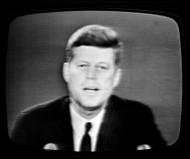Cigar History: The Cuban Trade Embargo And Its Impact On The Cigar Industry
Posted by Cigar Tom on 3rd Jul 2024
The Cuban Trade Embargo, an action with widespread implications has significantly influenced the history of cigars.
This embargo has substantially impacted the availability and perceptions of Cuban cigars.
This article will explore the history of cigars, the reasons behind the Cuban Trade Embargo, its effects, and how it has reshaped the cigar industry.
Additionally, we will delve into the current regulations governing Cuban cigars and speculate on the future of this iconic product.
Cigar History: The Cuban Trade Embargo And Its Impact On The Cigar Industry
| Year | Event | Impact on Cigar Industry |
|---|---|---|
| 1960 | Initial Trade Restrictions | The U.S. imposes trade restrictions on Cuba, leading to a decline in Cuban cigar imports. |
| 1962 | Cuban Trade Embargo Enacted | President Kennedy signs the Cuban Trade Embargo, prohibiting all trade with Cuba, including cigars. |
| 1960s-1970s | Rise of Non-Cuban Cigar Producers | Countries like the Dominican Republic and Nicaragua begin to dominate the cigar market, filling the gap left by Cuban cigars. |
| 1980s | Quality and Innovation in Non-Cuban Cigars | Non-Cuban cigar producers innovate and improve quality, gaining a strong foothold in the market. |
| 1990s | Cigar Boom | The cigar industry experiences a boom, with increased demand for premium cigars, including both Cuban and non-Cuban varieties. |
| 2000s | Continued Embargo | The embargo remains in place, but the global market for non-Cuban cigars continues to thrive. |
| 2015 | Relaxation of Trade Restrictions | President Obama announces a relaxation of some trade restrictions, allowing limited import of Cuban cigars. |
| 2020s | Ongoing Trade Discussions | Debate continues over the future of the embargo, with potential changes impacting the availability of Cuban cigars in the U.S. |
What Is The Cuban Trade Embargo?
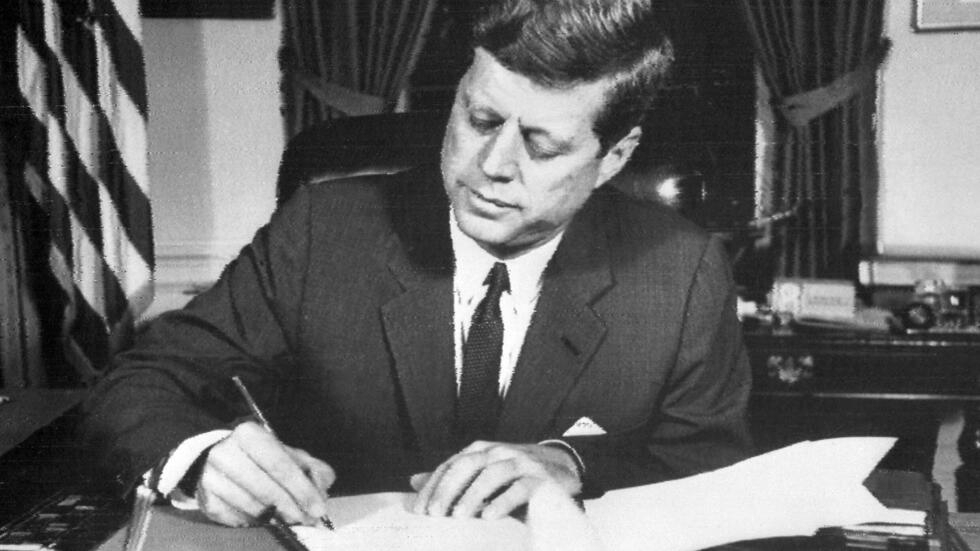
The Cuban Trade Embargo, imposed by the United States during the early 1960s, consists of comprehensive economic sanctions aimed at halting trade and diplomatic ties with Cuba. These sanctions have had a notable impact on the import and export of Cuban goods, including Cuban cigars.
What Were The Reasons For The Cuban Trade Embargo?
The Cuban Trade Embargo was primarily a response to Fidel Castro's alignment with the Soviet Union during the Cold War. The Cuban Revolution of 1959 resulted in a series of political and economic conflicts with the United States. This alignment with the Soviet Union posed a significant threat to US interests in the region, bringing communism closer to American shores.
The US was particularly concerned about the spread of communism in Latin America and the growing influence of the Soviet Union. As a result, in 1960, the Eisenhower administration imposed restrictions on exports to Cuba. The situation escalated when President John F. Kennedy's administration implemented a full trade embargo in 1962, prohibiting nearly all trade between the two countries.
Why Did Kennedy Put An Embargo On Cuba?
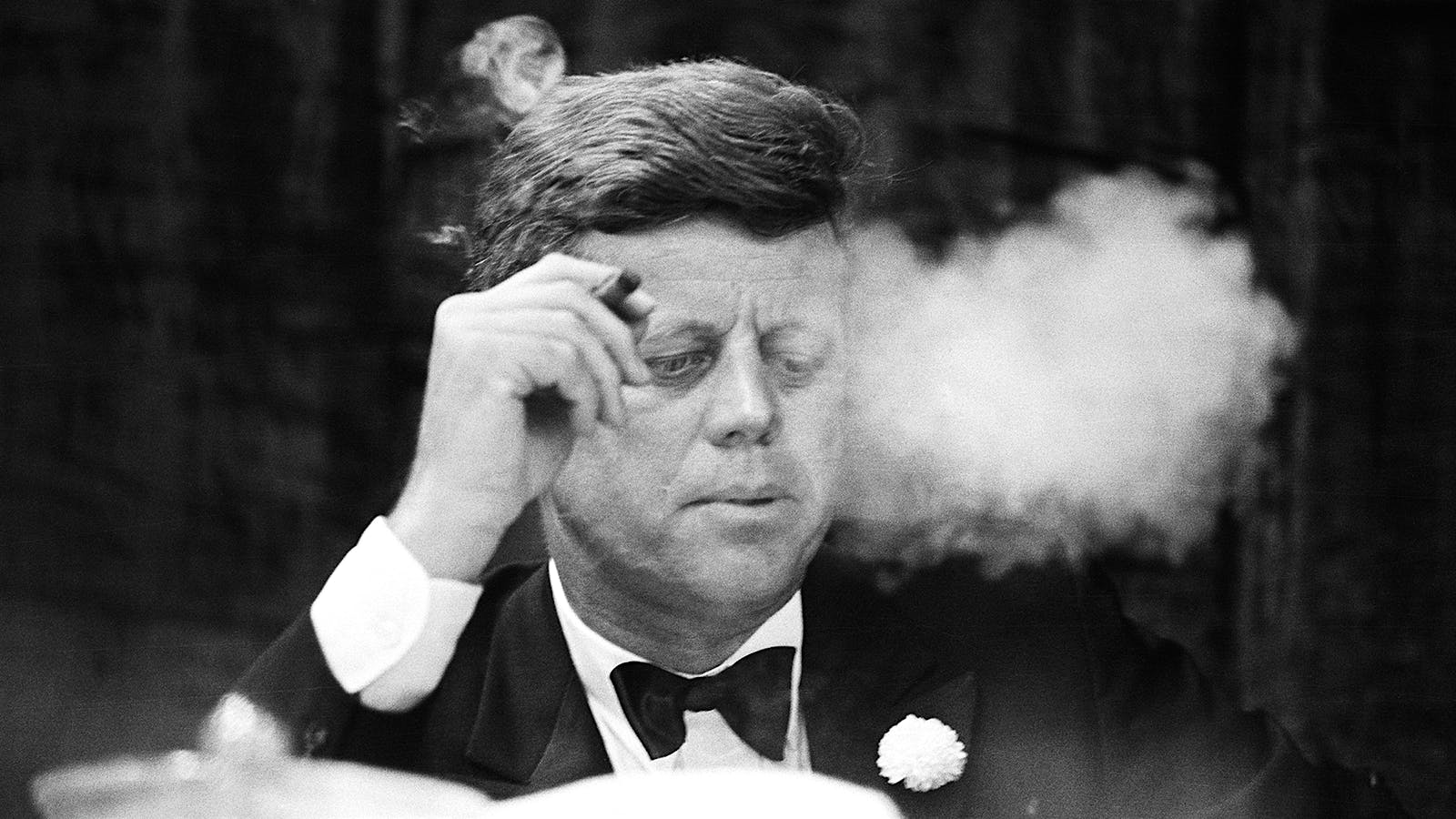
There wasn't a single reason why President Kennedy imposed the embargo on Cuba. It stemmed from a series of events that strained relations between the US and Cuba:
- The Rise of Fidel Castro: Following the Cuban Revolution in 1959, Fidel Castro came to power and established a communist government. This was a major concern for the US during the Cold War, as they saw communism as a threat.
- The Bay of Pigs Invasion (1961): The CIA launched a failed attempt to overthrow Castro's government through a military invasion. This act further damaged US-Cuba relations.
- Soviet Alliance: Cuba aligned itself with the Soviet Union, a major concern for the US due to the Cold War tensions. The Soviets even began sending military aid to Cuba.
The embargo itself came in stages:
- February 1962: Following the Bay of Pigs fiasco, Kennedy restricted trade with Cuba through an executive order.
- October 1962: This is when the most significant escalation occurred – the Cuban Missile Crisis. The discovery of Soviet nuclear missiles in Cuba led to a tense standoff between the US and the USSR. The crisis ultimately resolved with the removal of the missiles from Cuba, but it solidified the need for stricter measures against the communist island nation.
- Following Months (1963): Further restrictions were implemented, including travel bans and freezing Cuban assets in the US. These measures aimed to pressure the Cuban government and limit Soviet influence.
So, the embargo wasn't just about Castro's communist government, but also about the broader Cold War context and the US's desire to contain Soviet influence in the Western Hemisphere.
What Are The Effects Of The Cuban Trade Embargo?
The economic impact of the Cuban Trade Embargo on trade relations, Cuban economic development, and global trade dynamics concerning Cuban goods is significant and far-reaching. Both Cuba's and the United States' economies suffered from the effects of the Cuban Trade Embargo, leading to changes in global trade dynamics involving Cuba.
One of the major negative consequences is the stifling of Cuban industries, particularly in the agricultural and tourist sectors. Cuban companies are unable to export their products to the lucrative U.S. market, resulting in decreased revenue and limited growth opportunities. This, in turn, affects the overall economic well-being and stability of Cuba.
The Cuban Trade Embargo also prevents U.S. businesses from entering the Cuban market, missing out on potential trade collaborations and investment prospects. Furthermore, the global trade landscape is altered as Cuba explores alternative markets for its goods, thereby reshaping traditional trade routes and partnerships.
Did JFK Buy Cuban Cigars Before The Embargo?
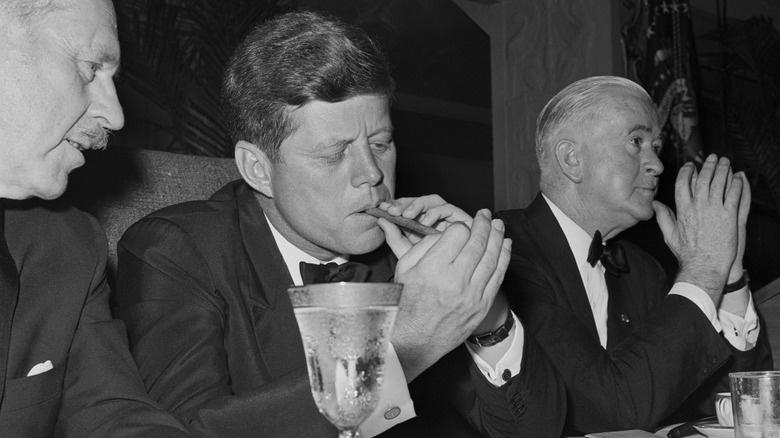
Yes, John F. Kennedy did indeed buy Cuban cigars before the embargo. This is a well-known anecdote about his presidency.
- Foresight and a Stockpile: In anticipation of the trade embargo with Cuba, Kennedy reportedly instructed his press secretary, Pierre Salinger, to acquire a significant amount of Cuban cigars, specifically his favorite brand, H. Upmann Petit Coronas.
- The Numbers: Accounts vary, but some sources say Kennedy requested "around 1,000" cigars, while others mention the final haul reaching 1,200.
- Signing on the Dotted Line: The story goes that Salinger secured the cigars just before Kennedy signed the executive order imposing the embargo. This ensured a personal supply for the cigar-loving president.
How Did The Cuban Trade Embargo Impact The Cigar Industry?
The Cuban Trade Embargo significantly impacted the cigar industry by restricting the import of Cuban cigars to the United States. This limitation has resulted in shifts in market dynamics, production standards, and the rise of alternative sources for premium cigars.
What Were The Changes In The Cigar Industry After The Embargo?
After the embargo, the cigar industry underwent significant changes, with producers outside Cuba, particularly in Nicaragua and the Dominican Republic, emerging as dominant players in the market. These producers have focused on enhancing quality and innovation in production to cater to the evolving preferences of a growing community of cigar enthusiasts.
The transition to new production sites has resulted in a wider range of flavors and characteristics in the cigar market, prompting established brands to reassess their approaches. Some traditional Cuban cigar companies have expanded into these regions, leveraging local expertise while adapting to the new environment.
The shift towards using organic and sustainably sourced tobacco has given rise to boutique brands that prioritize environmentally friendly practices, aligning with the shifting tastes of contemporary cigar aficionados.
What Are The Alternative Sources For Cuban Cigars?
The Cuban Trade Embargo provided a significant boost to the premium cigar industries in the Dominican Republic, Nicaragua, and Honduras, where established brands have built longstanding reputations for quality production and manufacturing processes.
These countries have emerged as popular alternative destinations for cigar enthusiasts seeking high-quality products with unique and intricate flavor profiles. Brands such as Padron from Nicaragua, Arturo Fuente from the Dominican Republic, and Davidoff from Honduras have solidified their positions as top global manufacturers, garnering loyal followings worldwide.
Their emphasis on using the finest tobacco leaves, skilled craftsmen, and traditional manufacturing methods has greatly contributed to their brand value. These brands are widely trusted by consumers for the consistency, quality, and innovation they bring to the premium cigar market.
What Are The Current Regulations On Cuban Cigars?
The current regulations on Cuban cigars are characterized by strict import and export controls, reflecting the ongoing legal issues and government policies that continue to enforce the restrictions established by the Cuban Trade Embargo. These regulations have a major impact on both consumers and retailers globally.
For consumers, the restrictions often mean they have limited access to authentic Cuban cigars and may seek alternatives or underground channels. Retailers are required to navigate complex legal compliance requirements when stocking and selling Cuban cigars. Recent changes in government policies have somewhat loosened regulations to allow for limited amounts for personal use, but strict enforcement measures are in place to prevent large-scale commercial trading.
The evolving legal landscape necessitates constant monitoring to ensure compliance and avoid potential penalties.
What Cigars Are Closest To Cubans?
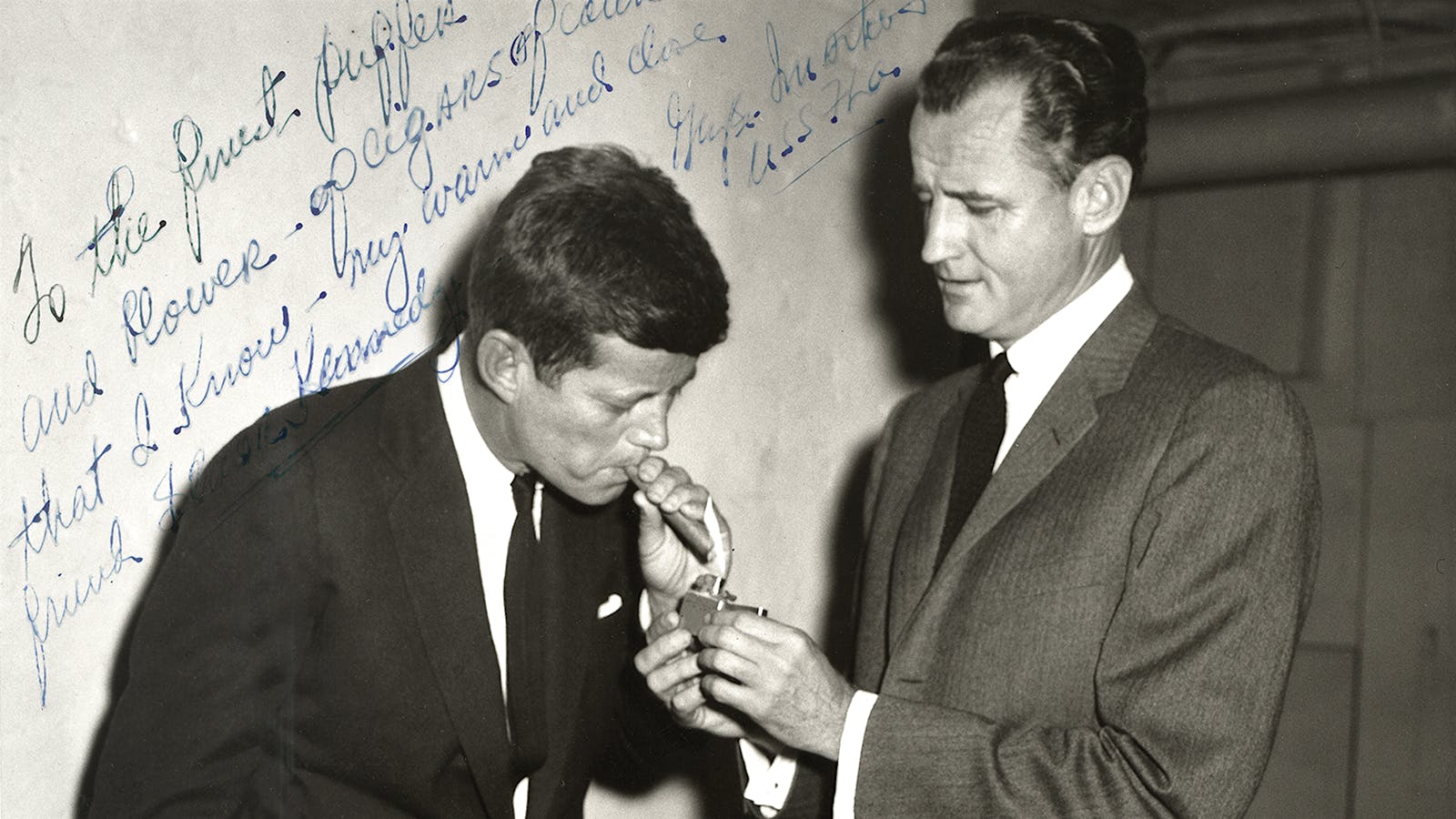
For many cigar aficionados, the holy grail of the smoking experience is a Cuban cigar. Renowned for their complex flavors, rich aroma, and smooth draw, Cuban cigars have a mystique all their own. However, due to trade embargoes, obtaining genuine Cubans can be difficult, especially in the United States.
Fear not, fellow cigar enthusiast! There is a world of premium cigars waiting to be explored, and some come very close to replicating the Cuban experience. Enter the world of Cuban Seed Cigars.
Cuban Seeds, Global Cultivation:
The key to these cigars lies in their heritage. Cuban seed tobacco, as the name suggests, originates from the island nation of Cuba. These prized seeds are used to cultivate tobacco plants in other parts of the world, including the Dominican Republic, Nicaragua, and Honduras.
Here's the interesting part: while the seeds are Cuban, the resulting tobacco leaves take on unique characteristics depending on the region where they're grown. The soil composition, climate, and curing practices all influence the final flavor profile.
The Cuban Seed Advantage:
So, what makes Cuban seed cigars special? Several factors contribute to their reputation as a close cousin to the Cuban experience:
- Rich Flavor Profile: Cuban seed tobacco is known for its full-bodied flavor profile, often described as being peppery, spicy, and earthy. These characteristics echo the richness associated with Cuban cigars.
- Quality Reputation: Cuban seed tobacco is cultivated from a lineage known for its quality. This translates into a smooth smoking experience and a satisfying aroma.
- Variety of Options: With Cuban seed tobacco being grown in various regions, there's a delightful range of flavor profiles to explore. You can find cigars with hints of chocolate, cedar, or even coffee, depending on the origin and blend.
Exploring Cuban Seed Cigars:
If you're looking for a cigar that delivers an experience reminiscent of a Cuban smoke, Cuban seed cigars are a great place to start. Here are a few tips for your exploration:
- Research Different Regions: Each region where Cuban seed tobacco is grown offers a distinct flavor profile. Do some research to discover which origins might best suit your taste preferences.
- Explore Brands: Many reputable cigar brands offer Cuban seed options. Look for brands known for their quality construction and commitment to using premium tobacco.
- Don't Hesitate to Ask for Help: Your local cigar shop is a treasure trove of knowledge. Ask the staff for recommendations based on your preferences and their experience with Cuban seed cigars.
The world of cigars is vast and exciting, and Cuban seed cigars offer a delightful gateway to a smoking experience that rivals the allure of a true Cuban. So, light up, relax, and savor the unique characteristics that these exceptional cigars have to offer.
What Is The Future Of Cuban Cigars And The Cigar Industry?
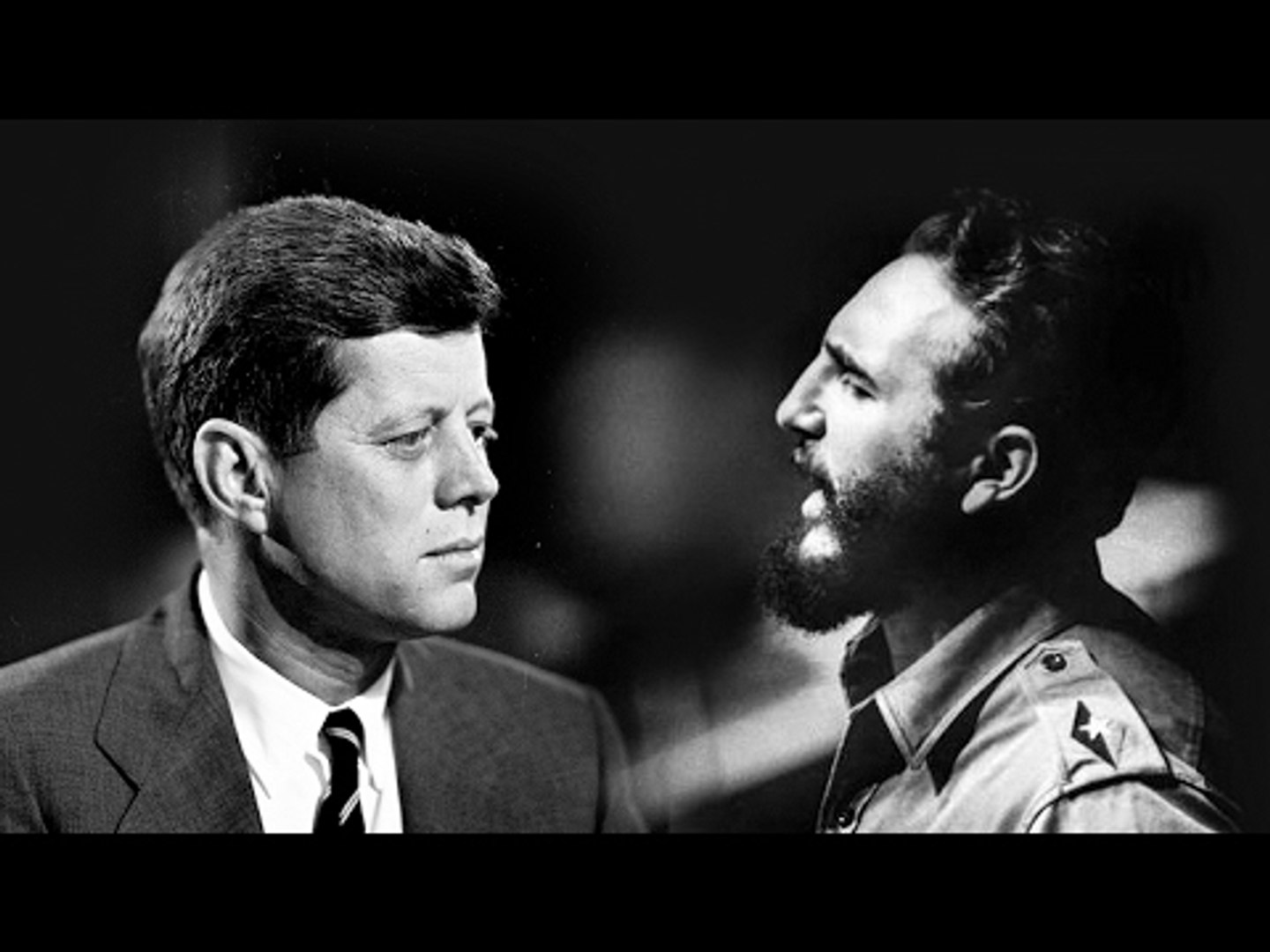
The future of Cuban cigars and the broader cigar industry is closely linked to potential changes in diplomatic relations and trade agreements between Cuba and major markets such as the United States. These changes could result in significant market expansion and the emergence of new trends within the industry.
What Are The Potential Changes In The Cuban Trade Embargo?
Potential changes in the Cuban Trade Embargo could result from new legislation or shifting diplomatic relations between the United States and Cuba. These changes might lead to relaxed trade policies and increased trade of goods, including Cuban cigars. The easing of trade restrictions could significantly impact the global cigar market, particularly in terms of the sales and availability of Cuban cigars known for their quality and authenticity.
It could also rejuvenate Cuban cigar culture in international markets, intensifying competition among cigar manufacturers and potentially reshaping the industry. The lifting of the trade embargo could open up new opportunities for US businesses to engage in trade with Cuba, fostering economic growth and cooperation between the two countries.
What Are The Predictions For The Cigar Industry In The Coming Years?
Predictions for the cigar industry in the upcoming years suggest a continued increase in consumer demand for premium cigars and relatively stable demand fluctuations, along with strong brand loyalty among consumers seeking high-end cigar experiences.
Consumers are increasingly favoring premium cigars and the unique experiences they offer, with a rising demand for distinct blends, limited editions, and artisanal cigars. This shift is evident in the high level of brand loyalty observed in the cigar market, where consumers develop strong connections with brands known for consistent quality and craftsmanship.
Another notable trend for the future of the cigar industry is the expansion in emerging markets, presenting new opportunities for brands to broaden their customer base and cater to diverse consumer preferences.
How Has The Perception Of Cuban Cigars Changed Over Time?
The perception of Cuban cigars has evolved over time, transitioning from their original status as the most luxurious tobacco products globally to a more complex reputation that encompasses increased competition, brand reputation, and shifting consumer perceptions.
What Are The Cultural Significance And Symbolism Of Cuban Cigars?
Cuban cigars are revered as symbols of luxury, craftsmanship, and culture, with their historical significance, quality, and status as luxury goods contributing to their prestige.
The historical importance of Cuban cigars dates back centuries, and the meticulous hand-rolling process is carried out by skilled artisans who have inherited the traditions and techniques from their ancestors.
The distinct taste and aroma of Cuban cigars stem from the unique blend of tobacco leaves grown in the fertile soils of the island country, carefully aged and fermented to create a sophisticated flavor profile.
Beyond being a luxury item for consumers, Cuban cigars have evolved into a status symbol cherished by cigar aficionados and celebrities for their enjoyment and exclusivity.
This blend of tradition, quality, and luxury exclusivity has cemented Cuban cigars as the epitome of cigar craftsmanship.
How Has The Perception Of Cuban Cigars Affected The Demand And Market For Them?
The perception of Cuban cigars as premium luxury items significantly influences demand and market dynamics, as brand loyalty is deeply ingrained among consumers and molds consumer behavior in the cigar industry.
Rooted in a rich history and tradition, Cuban cigars are perceived as sophisticated, luxurious, and exclusive, fostering a strong emotional connection with loyal customers. This emotional bond amplifies the significance of brand loyalty in shaping market trends and consumer choices, sustaining a consistent demand for Cuban cigars despite supply shortages and competition from other cigar-producing countries.
Frequently Asked Questions
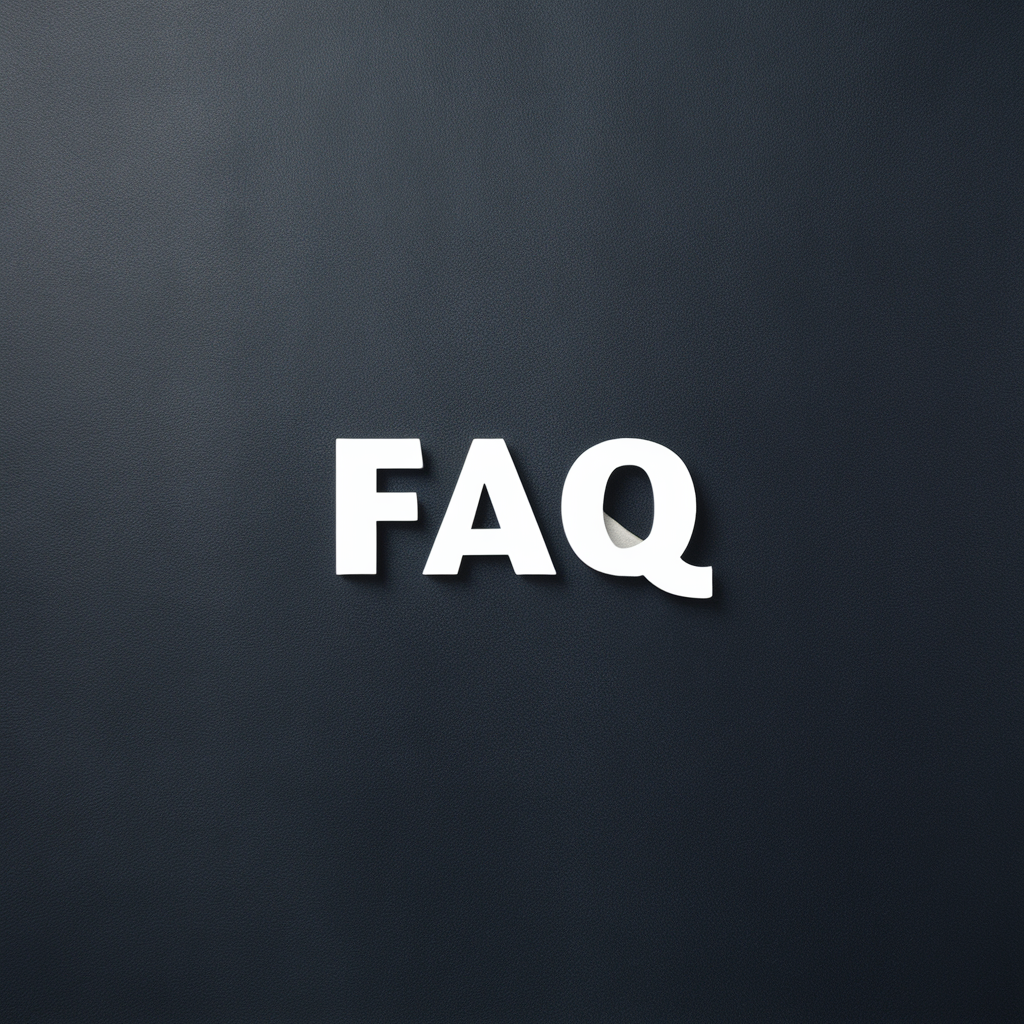
What is the Cuban trade embargo and how does it relate to cigar history?
The Cuban trade embargo, also known as the U.S. embargo against Cuba, is a set of economic and trade sanctions imposed by the United States against Cuba in 1962. This embargo has had a significant impact on the cigar industry, as Cuba is known for producing some of the world's finest cigars.
How has the Cuban trade embargo affected the availability of Cuban cigars in the United States?
The embargo has made it illegal for U.S. citizens to purchase Cuban cigars, thus limiting their availability in the country. This has led to a black market for Cuban cigars, with some consumers willing to pay high prices for the forbidden luxury.
What impact has the Cuban trade embargo had on the Cuban cigar industry?
The embargo has severely impacted the Cuban cigar industry, as the majority of their market was in the United States. This has led to a decrease in production and revenue for Cuban cigar companies, as well as job loss for those employed in the industry.
Has the Cuban trade embargo affected the quality of Cuban cigars?
Despite the limitations imposed by the embargo, Cuban cigar companies have continued to maintain high-quality standards for their products. However, with the decrease in demand and resources, some experts believe that the overall quality of Cuban cigars may have been impacted over time.
How has the Cuban trade embargo influenced the cigar market in other countries?
The embargo has resulted in an increase in demand for cigars from other countries, such as the Dominican Republic, Honduras, and Nicaragua, which have become major players in the international cigar market. This has also led to a rise in counterfeit Cuban cigars in the market.
Is there any possibility of the Cuban trade embargo being lifted in the future?
There have been talks of lifting the embargo in recent years, and some progress has been made, such as the ease of travel restrictions to Cuba for U.S. citizens. However, the embargo still remains in place, and it is uncertain if and when it will be lifted entirely.




